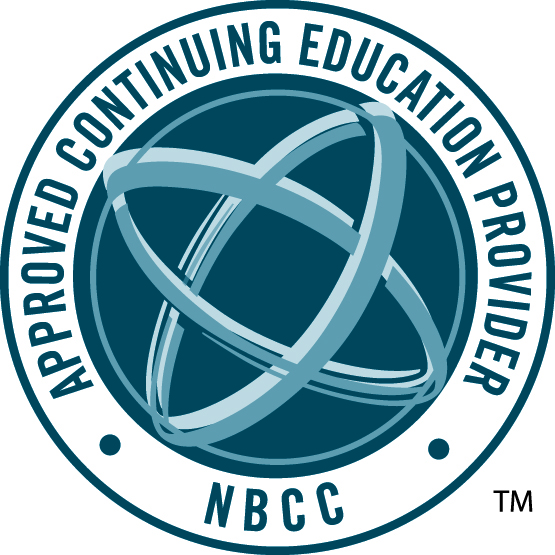Gain the confidence and skills to navigate one of life's most challenging conversations. This mini-course equips parents, mental health providers, healthcare workers, educators, and caregivers with practical tools and age-appropriate strategies to help children understand and process death. Learn how to provide comfort, answer tough questions, and foster resilience in a compassionate, supportive way.
Our Mini-Course is designed for:
- Skilled and Compassionate Communicators: Those who value open, honest, and age-appropriate conversations, ensuring children feel heard, supported, and reassured in difficult moments.
- Empathetic Facilitators: Individuals who naturally step into the role of providing comfort and clarity, believing that children deserve gentle and thoughtful guidance through life’s hardest topics.
- Dedicated Supporters of Emotional Wellbeing: Parents, educators, and caregivers who prioritize emotional wellbeing and resilience, recognizing that early conversations about grief can shape lifelong coping skills.
Brief Course Overview
This course includes four modules, each punctuated by reflection exercises and practical tools that consider real-life application. Here's a glimpse of what each module entails:
Module 1: Understanding Death
Gain a developmental understanding of how children perceive and respond to death. Learn how to offer age-appropriate explanations, compassionate support strategies, and guidance on navigating children’s natural curiosity and concerns.
Lessons include:
- Confronting a Challenging topic
- Children's Questions About Death
- Children's Perception of Death
- Children's Emotional Response to Death
Module 2: Preparing for the Conversation
Explore practical guidance on how to approach a conversation about death with children. Learn how the environment influences children's experiences in processing death, and how to prepare to create a supportive and age-appropriate discussion.
Lessons include:
- Choosing the Right Time and Place
- Anticipating Reactions
- Planning Your Words
Module 3: Having the Conversation
Develop a supportive approach that fosters connection, healing, and understanding with children. Lessons cover essential topics such as explaining death in age-appropriate ways, helping children express their emotions, and answering difficult questions with honesty and care.
Lessons include:
- Explaining Death
- Discussing feelings
- Answering Questions
Module 4: After the Conversation
Learn about the ongoing role of caregivers in helping children navigate loss with understanding and resilience. Topics discussed include: how to manage feelings of guilt and provide emotional support, productive coping strategies, and how caregivers can prioritize their own well-being.
Lessons include:
- Helping Children Cope
- Providing Ongoing Support
- Preparation and Self-Care
What You'll Receive:
- Clear Communication Skills, Practical Strategies, and Understanding of Children’s Perspectives.
- Topics Covered: Understanding Death from a Child’s Perspective, Preparing for the Conversation, Having the conversation, and After the Conversation.
- Approved for 1 CE credit hour by NBCC
Approved for CE's
Empowered Edu has been approved by NBCC as an Approved Continuing Education Provider, ACEP No.7612. Programs that do not qualify for NBCC credit are clearly identified. Empowered ed is solely responsible for all aspects of the programs.

Disclaimers:
Educational Purpose Only: This course is designed to provide educational guidance on how to talk to children about death. It is not a substitute for professional psychological, medical, or legal advice.
No Refunds: Due to the digital nature of this course, all sales are final. Please review the course details carefully before completing your purchase.
Personal Responsibility: While the course provides strategies and tools, it is your responsibility to determine the best approach for your unique situation. For complex cases, we recommend consulting with a licensed professional.
Content Usage Policy: The materials provided in this course are for your personal use only. Reproduction, distribution, or sharing of the course content in any form, without explicit written permission, is strictly prohibited.